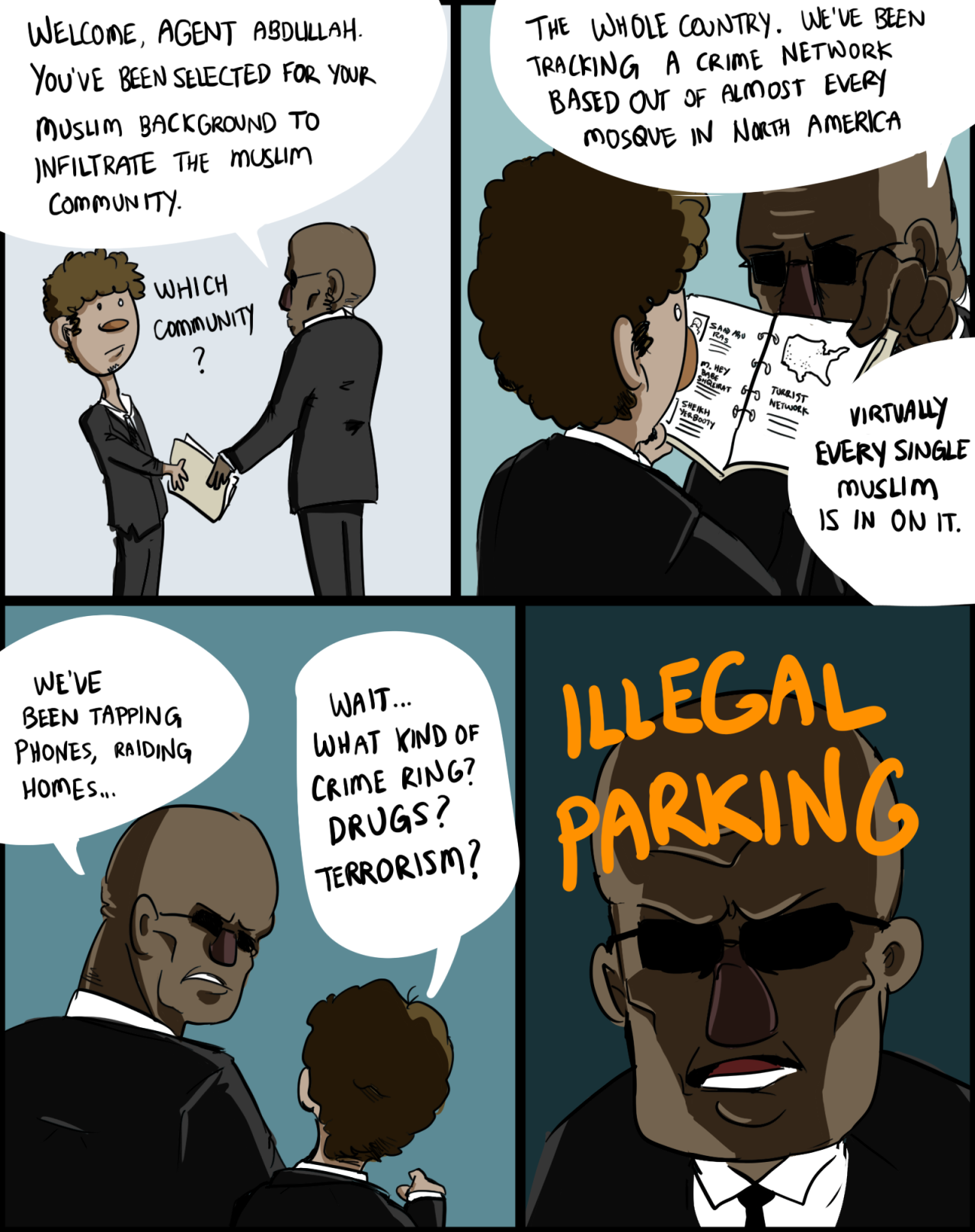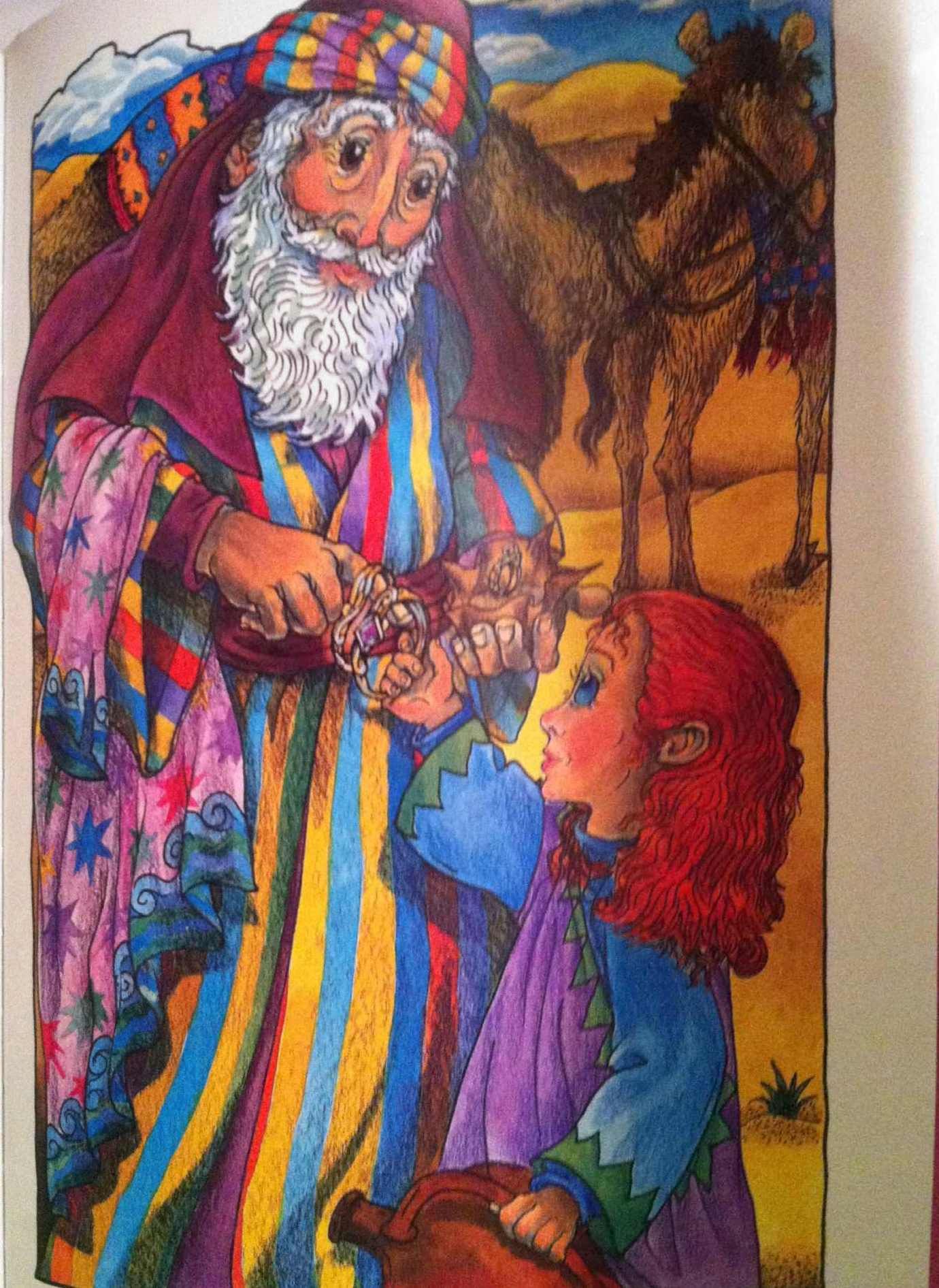For a while I've been fascinated by the Tommy Westphall Universe Hypothesis. The basic idea is that St. Elsewhere, an 80's hospital drama/comedy is television's version of Kevin Bacon, in other words, if you keep track of the various cameos, crossovers, spinoffs, and fictional allusions, it turns out that hundreds of tv shows arguably exist in the same fictional universe as St. Elsewhere. Furthermore, based on St. Elsewhere's final episode, it turns out that the show (and all the shows linked to it) are happening inside of the mind of an autistic boy named Tommy Westphall who spends his days staring at a snowglobe.
There are numerous sites/blogs maintained by folks keeping track of which shows are part of the universe, but I'm not sure how complete or up-to-date any of them are.
An idea that has been on my literary bucket list is to write stories (something in the ballpark of the League of the Extraordinary Gentlemen) which thoroughly broke down the boundaries between shows in the Tommy Westphall universe
Some more specific notions:
1. A major protagonist would be Det. Munch (who has appeared in several different series, most recently, the Law & Order franchise).
2. A major antagonist would be a Conspiracy which uses Morley Cigarettes Inc. as one of its fronts. (Morley is a fictional brand which connects many shows: The Twilight Zone, Buffy, X-Files The Walking Dead)
3. One of the conspiracies objectives is to find /exploit both Tommy Westphall and the snowglobe as a way of gaining power.
4. Organized criminals / serial killers also connected to the Conspiracy might be a good way to connect different police procedural / legal type shows.
5. The Conspiracy also releases a series of infections which culminates in a Walking Dead style zombie apocalypse. This might be a good way to connect the hospital / medical type shows.
6. UPS Drivers, Postal Carriers, Baristas, DMV workers, might provide an interesting perspective to connect any of the shows, especially the more mundane ones.
It would also be fun to imagine how to combine various genre shows into a coherent pastiche. although doing it consistently would probably be difficult.
7. Supernatural Shows
Addams Family, American Horror Story, Angel, Bewitched, Buffy, Early Edition, I Dream of Jeannie, Milenium, Reaper, Sabrina the Teenage Witch (Is the Conspiracy connected to the Millenium Group or the League of the Black Thorn? Is the snowglobe related to the newspaper in Early Edition?)
8: Sci-Fi (present)
Alias, Alphas, Dr. Who, Eerie, Indiana, Eureka, Flashforward, Heroes, Journeyman, The Lone Gunman, Lost, Mork and Mindy, Quantum Leap, The Sarah Jane Adventures, Special Unit 2, Torchwood, Warehouse 13, X-Files (John Doggett and Monica Reyes from the X-Files might be a good duo to help Munch. Perhaps after Samuel Beckett disappears and Project Leap is mostly boxed-up, a happily married Al Calavicci is appointed to a Cabinet-level position overseeing the X-Files /Warehouse 13 / Special Unit 2 / CONTROL / Dharma Initiative / Department of Special Research)
9: Sci-Fi (future)
Battlestar Galactica (reboot), Caprica, Firefly, Red Dwarf, Space: 1999, Space: Above & Beyond, Star Trek (Star Trek is too totalizing to reconcile with some of these other shows, but perhaps elements can be combined in reasonable ways. There is a Federation/Alliance but there are also Maquis/Brownshirts who want to secede. There is also a part of space where they send Space Marine types to fight a secret war against the Chigs? The Conspiracy, in this period might use Weyland-Yutani / Blue Sun / The ORion Syndicate as their main front.)
10. It would be fun to explain the multiple roles played by the same actors through some kind of Orphan Black- style project.
Just some thoughts. Who knows? Maybe this will become a sub-genre of fan fiction, in its own right?
Six Degrees of St. Elsewhere By Dwayne McDuffie
Eugene is Huge!: Almost all of TV is the imagined universe of an autistic child.














